Divergence of annuality and perenniality in Brassicaceae and contribution of FLC variation ($)
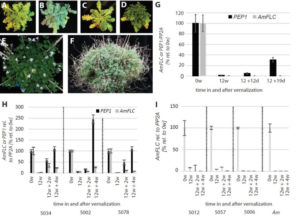 FLOWERING LOCUS C (FLC) is a flowering repressor that is highly conserved in the Brassicaceae family. This family contains species that show an annual life history (plants that flower and senesce, giving one generation per year), as well as perennials (plants that flower several times in their life cycle and don’t senesce after producing the next generation). Kiefer et al. studied the divergence of annuals and perennials in this family. They confirmed perenniality is the ancestral state with annuality evolving independently in several lineages. They found several FLC orthologues in the species they studied but no correlation between the complexity of those orthologues (gene and intron duplication, deletions or insertions) and life history. However, they show that the FLC orthologues set a vernalization requirement in almost all the species that were studied (except in one, Arabis purpurea). Moreover, expression of the FLC orthologues also corresponds with the expected pattern before, during and after vernalization in annuals and perennials. The genetic basis of this difference is analyzed in hybrids and sequence variation and the authors show that two regions with variation might be responsible to confer stable repression or reactivation of FLC after vernalization in annuals and perennials respectively. (Summary by Gaby Auge) Mol.Ecol. 10.1111/mec.14084
FLOWERING LOCUS C (FLC) is a flowering repressor that is highly conserved in the Brassicaceae family. This family contains species that show an annual life history (plants that flower and senesce, giving one generation per year), as well as perennials (plants that flower several times in their life cycle and don’t senesce after producing the next generation). Kiefer et al. studied the divergence of annuals and perennials in this family. They confirmed perenniality is the ancestral state with annuality evolving independently in several lineages. They found several FLC orthologues in the species they studied but no correlation between the complexity of those orthologues (gene and intron duplication, deletions or insertions) and life history. However, they show that the FLC orthologues set a vernalization requirement in almost all the species that were studied (except in one, Arabis purpurea). Moreover, expression of the FLC orthologues also corresponds with the expected pattern before, during and after vernalization in annuals and perennials. The genetic basis of this difference is analyzed in hybrids and sequence variation and the authors show that two regions with variation might be responsible to confer stable repression or reactivation of FLC after vernalization in annuals and perennials respectively. (Summary by Gaby Auge) Mol.Ecol. 10.1111/mec.14084


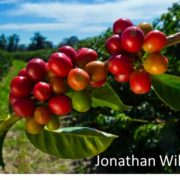
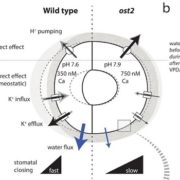
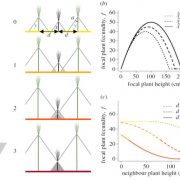
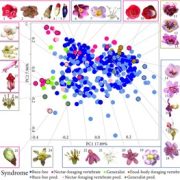

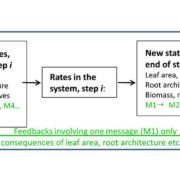


Leave a Reply
Want to join the discussion?Feel free to contribute!